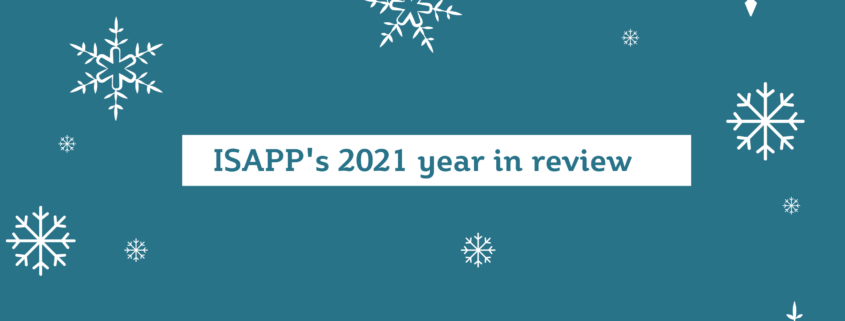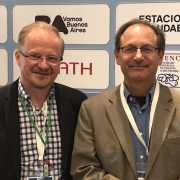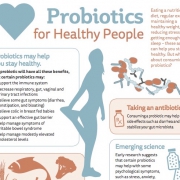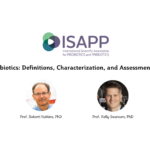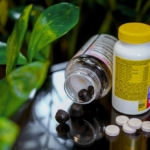ISAPP’s 2021 year in review
By Mary Ellen Sanders, PhD, ISAPP Executive Science Officer
The upcoming year-end naturally leads us to reflect about what has transpired over the past 12 months. From my perspective working with ISAPP, I witnessed ISAPP board members and the broader ISAPP community working creatively and diligently to find solutions to scientific challenges in probiotics, prebiotics and related fields. Let’s look back together at some of the key developments of 2021.
ISAPP published outcomes from two consensus panels this year, one on fermented foods and one on postbiotics. The popularity of these articles astounds me, with 49K and 29K accesses respectively, as of this writing. I think this reflects recognition on the part of the scientific community of the value – for all stakeholders – of concise, well-considered scientific definitions of terms that we deal with on a daily basis. If we can all agree on what we mean when we use a term, confusion is abated and progress is facilitated. The postbiotics definition was greeted with some resistance, however, and it will remain to be seen how this is resolved. But I think ISAPP’s response about this objection makes it clear that productive definitions are difficult to generate. Even if the field ultimately embraces another definition, it is heartening to engage in scientific debate about ideas and try to find alignment.
Keeping with the idea of postbiotics, a noteworthy development this year was the opinion from the European Food Safety Authority that the postbiotic made from heat-treated Akkermansia muciniphila is safe for use as a novel food in the EU. Undoubtedly, this development is a bellwether for likely future developments in this emerging area as some technological advantages to postbiotics will make these substances an attractive alternative to probiotics IF the scientific evidence for health benefits becomes available.
Recognizing the existing need for translational information for clinicians, ISAPP developed a continuing education course for dietitians. Published in March, it has currently reached close to 6000 dietitians. This course focused on probiotics, prebiotics and fermented foods: what they and how they might be applied in dietetic practice. It is a freely available, self-study course and completion provides two continuing education credits for dietitians.
On a sad note, in March of this year, ISAPP suffered the loss of Prof. Todd Klaenhammer. Todd was a founding ISAPP board member, and directed many of our activities over the course of his 18-year term on the board. He was also my dear friend and major advisor for my graduate degrees at NC State many years ago. As one former collaborator put it, “I was not prepared to finish enjoying his friendship and mentorship.” See here for a tribute to Prof. Klaenhammer on the ISAPP blog: In Memoriam: Todd Klaenhammer.
So where will 2022 lead ISAPP? The organization has now published five consensus definitions: probiotics, prebiotics, synbiotics, postbiotics and fermented foods – extending its purview beyond where it started, with probiotics and prebiotics. Through the year ahead, ISAPP is committed to providing science-based information on the whole ‘biotics’ family of substances as well as fermented foods. Our Students and Fellows Association is growing, supported by the opportunity for young scientists to compete for the Glenn Gibson Early Career Researcher Prize. We continue to see our industry membership expand. Through our new Instagram account and other online platforms, our overall community is increasing. The ISAPP board of directors continues to evolve as well, with several long-term members leaving the board to make room for younger leaders in the field who will direct the future of the organization. This applies to me as well, as I have made the difficult decision to depart ISAPP in June of 2023. Thus, hiring a new executive director/executive science officer is an important priority for ISAPP in 2022. My 20 years with ISAPP have seen the organization evolve tremendously, through the hard work of incredible board members as well as many external contributors. We will strive to make 2022 – our 20th anniversary – ISAPP’s best year yet.

